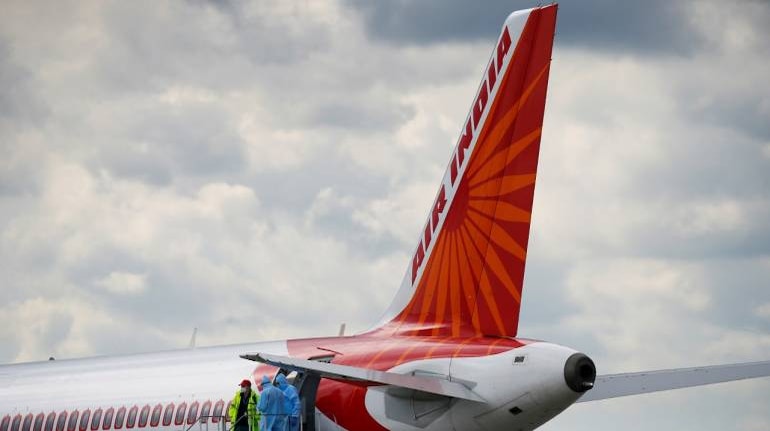



When, after over a month of closed skies, India announced repatriation flights in early May, many Indians stranded abroad breathed a sigh of relief. However, the relief was short-lived when it became clear that those seeking to avail of the scheme would have to furnish an undertaking to pay the cost of the flight as well as the two weeks of quarantine at a hotel — imposed by the government for entrants into India. For many, this came up to three to four times the cost of a flight they would’ve taken in normal times.
Such troubles were not reserved only for Indians who could ‘afford’ to be abroad. Migrant labourers working in urban India had to shell out much more for their train journeys to their home states than they would have pre-crisis. The government also ran some trains for those who weren’t labourers, but priced it at premium Rajdhani train-fares.
Any of these actions, if committed by a private company (or even a government company, as Coal India was) would have invited severe penalties from the Competition Commission. Any enterprise that holds a dominant position over the consumer, and abuses (takes advantage of such a position to impose unfair terms) the same, is guilty under the Competition Act, 2002.
Take for instance, the Vande Bharat Mission — chartered flights for ‘evacuation’ of Indians abroad. First, the government, through Air India, exercises a complete monopoly after it refused permission to private airlines to fly their scheduled trips. Having thus obtained a dominant position, the carrier has abused the same in multiple ways — excessive pricing, as well as an almost complete lack of cabin service, according to people who have travelled on these flights. (The latter, particularly, could be the cause for a complaint under Consumer Protection law too, in normal times).
How does the government explain this away? The government says that the price of tickets is inflated so as to cover the cost of the onward journey (just like the autorickshaw driver who explains his refusal to go by meter). Except, most of the onward flights, especially those flying to Europe and the United States have been well-occupied. Neither can it be attributed to the increased cost of operations — because the staff are not being paid better — in fact, Air India staff are being forced to take lower salaries.
Mandatory quarantine then has its own competition concerns. The government, in a dominant position, is forcing ‘the customer’ to avail of a different service as a supplementary obligation (also prohibited). Over a 14-day period, even the cheapest hotels (around Rs 2,500 a night) can become prohibitive. Remember, pricing its services so steeply has meant that the people who are most at economic risk and, thus, in need of urgent repatriation — think of students on a scholarship — are actually excluded.
The examples don’t end. Once you alight at an airport, let’s say at the Indira Gandhi International Airport in Delhi, the nightmare continues. Cab services arranged by the Uttar Pradesh government to satellite city, Noida, was priced at Rs 10,000 — about 20 times more than what a normal Uber ride would cost. Neither private cabs nor public transport were available in May, so passengers didn’t have a choice. A non-AC bus service was priced at Rs 1,000 for what would have been a 25-km ride. After an outcry, the rates were rolled back, but what does it say about governments that have no qualms about charging extortionate rates from its subjects?
To be sure, the Competition Act does not apply to the sovereign functions of the State, as repatriation arguably is. The US Department of Transportation has objected to this classification of the Vande Bharat Mission, accusing Air India of running commercial operations in the guise of repatriation services. Nor is it being argued that it should apply — the government must have the freedom to do what is best for its citizens in the midst of a pandemic. In any case, most of the actions are being taken under the Epidemic Diseases Act, 1897, which appears to give an almost free hand to government authorities in decision making.
Even there the government is still expected to deal fairly with its citizen — at least not exploit the citizen in times of grave crisis — exactly the kind of conduct that the competition law is designed to eliminate.
Abraham C Mathews is an advocate based in Delhi. Twitter: @ebbruz. Views are personal.Discover the latest Business News, Sensex, and Nifty updates. Obtain Personal Finance insights, tax queries, and expert opinions on Moneycontrol or download the Moneycontrol App to stay updated!
Find the best of Al News in one place, specially curated for you every weekend.
Stay on top of the latest tech trends and biggest startup news.